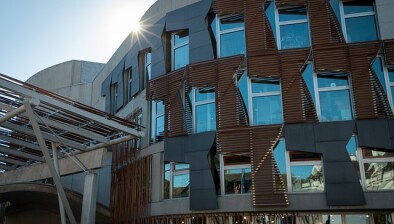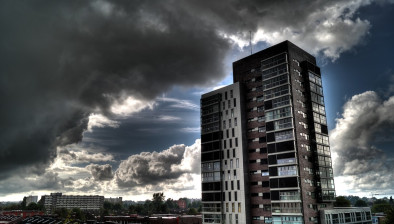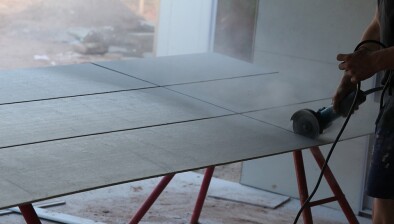New powers to tackle unsafe cladding passed

Housing minister Paul McLennan
Legislation giving Scottish Ministers powers to assess and remediate buildings which have unsafe cladding, where consent of the owners cannot be provided, has been unanimously approved in the Scottish Parliament.
The Housing (Cladding Remediation) (Scotland) Bill will allow the creation of a Cladding Assurance Register to give homeowners and residents confidence in the assessment and remediation works undertaken on their buildings.
Ministers will also have powers to establish a Responsible Developers Scheme, to support engagement with developers and encourage them to pay for or carry out remediation work.
Housing minister Paul McLennan said: “This is a landmark moment in our efforts to make buildings safer and to safeguard homeowners and residents in buildings identified through the remediation programme as having unsafe cladding.
“The unanimous passing of this legislation will allow us to accelerate our work by addressing barriers to assessment and remediation and give homeowners and residents confidence in work carried out.
“The public commitments already made by many of Scotland’s developers to identify, assess and remediate their buildings mean public money can be focused on buildings without a linked developer.”
Legislation to ban combustible cladding on high-risk buildings, and the highest risk metal composite cladding material from all buildings, was passed by the Scottish Parliament on 22 April 2022.
The legislation was implemented by amendments to the Building (Scotland) Regulations 2004 introduced on 1 June 2022. The amendment removed the fire test option. This change now completely prohibits combustible materials from use on domestic high-rise buildings above 11m. This also includes certain categories of other high-rise buildings, such as care homes and hospitals. This was the third set of changes made to fire safety standards for cladding in Scotland since the Grenfell Tower Fire.
The highest risk metal composite cladding material is completely banned from incorporation in any new building of any height and as replacement cladding for existing buildings in Scotland.
Masonry and concrete cladding finishes on buildings are not combustible and can be assessed readily through visual inspection. Other non-combustible materials like granite cladding may need to be assessed to measure risk, depending on the method of its construction.
















